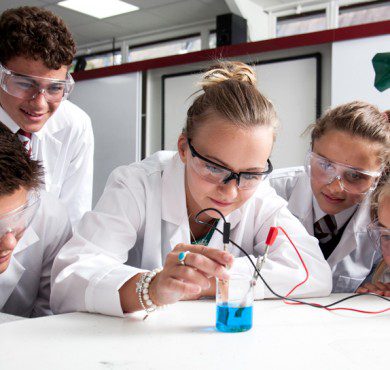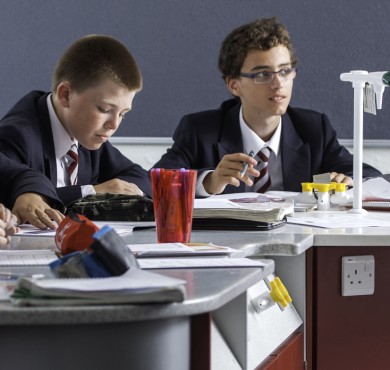Introduction to the Slow Education Movement
The Slow Education movement has recently gained momentum in the UK, with many within the education sector concerned about the state of schooling in the country. British children are amongst the most heavily tested in the world, which many believe is counter-productive and ineffective in giving students a rounded education.
We invited Joe Harrison-Greaves to, founder of the UK Slow Education movement, to explain the importance of the initiative and how it can benefit schools and students in Britain.
Hi Joe, why is the Slow Education movement important?
“Slow Education is about deep learning for real purpose. It’s about learning through curiosity, passion and interest rather than through fear of the exam hall. Slow Education is important because many within the education sector feel that we have gone too far down the road of standardisation, measured by outcomes alone. British children are now among the most heavily tested in the world. This not only affects their mental health, but prepares them poorly as independent thinkers, able to deal with the challenges of the 21st century society and workplace.
“Slow Education believes that by providing a rich variety of experiences supported by strong relationships, UK schools can provide a healthier, more flavoursome educational diet where learning is deep and purposeful.”

What can schools do to get involved with the Slow Education movement?
“There are a few things you could do to get your school involved with the initiative. We currently hold events all around the country for educators of all descriptions. Please see our website for full details about upcoming events.
“The Slow Education movement also supports the development of the Slow Education Network through projects, events and consultancy, making it possible to create your own Slow Education Network within your area. If you find others who share the Slow Education vision and inspire, support and learn from each other, then tell us what you’ve been doing and we’ll share it with the wider network.”
Harrison-Greaves went on to indicate that classroom design can play a significant role in the development and full implementation of the Slow Education movement. Referencing St. Silas Primary School in Blackburn, featured in this video, a school which has embraced the movement based around a unique and intuitive classroom design, carefully planning the layout of learning spaces and its environmental factors.
As schools in the UK fall behind other nations, in the Programme for International Student Assessment tests, many within the education sector believe now is the time to act and begin an overhaul of the way our students learn.
Contact
Innova can deliver inspirational and intelligent classroom for your school including full turnkey services. For more information about how our professional team can help you and your school, visit our homepage or call us now on 0161 477 5300.





